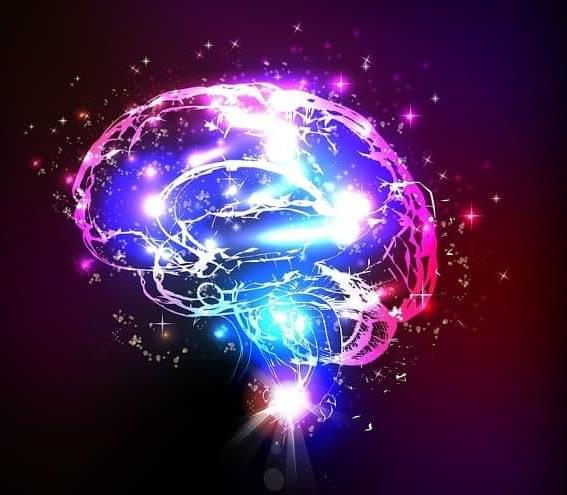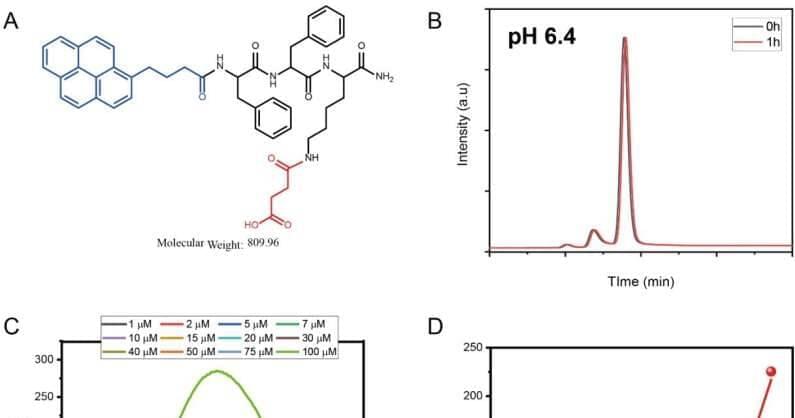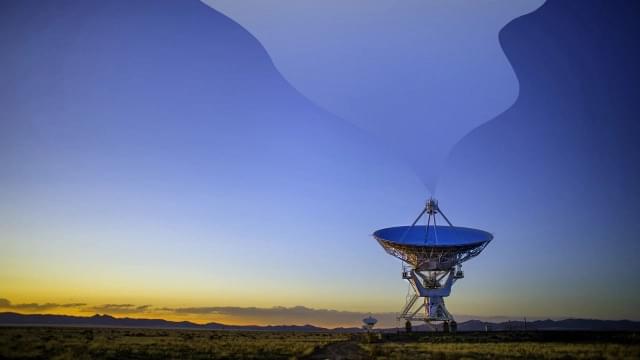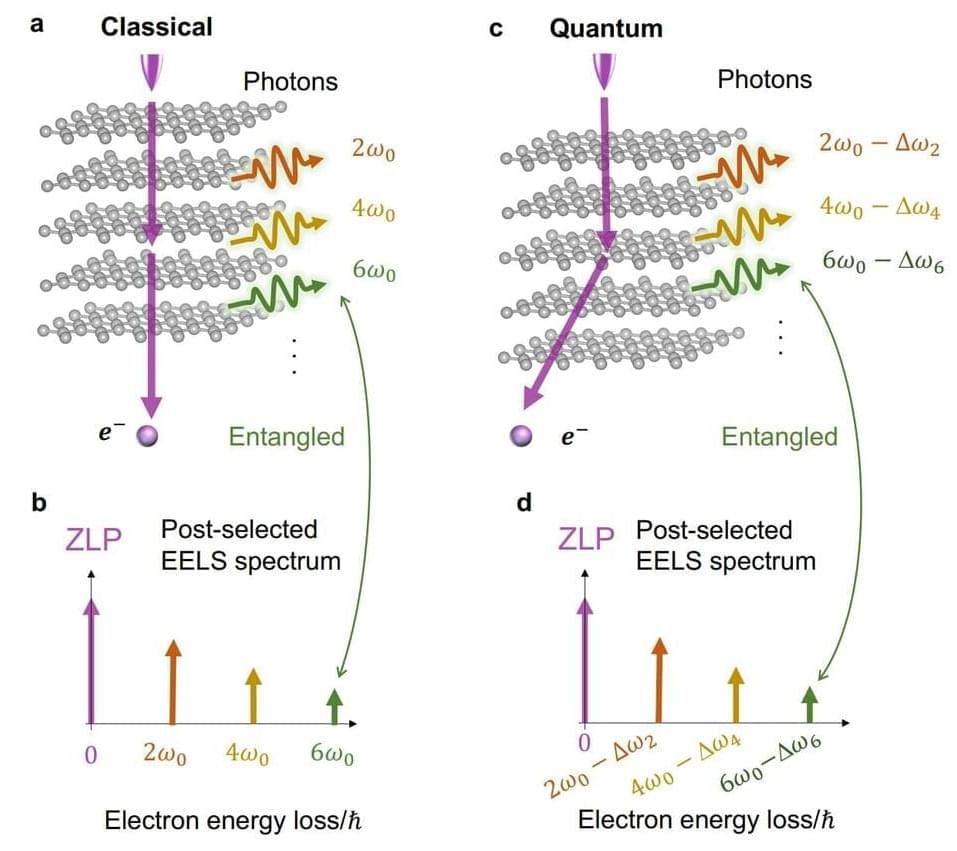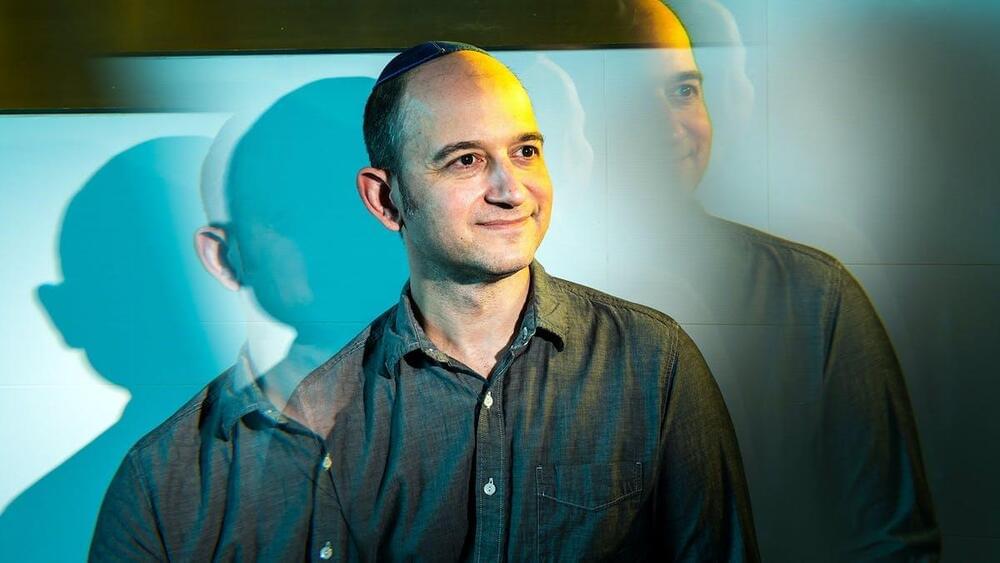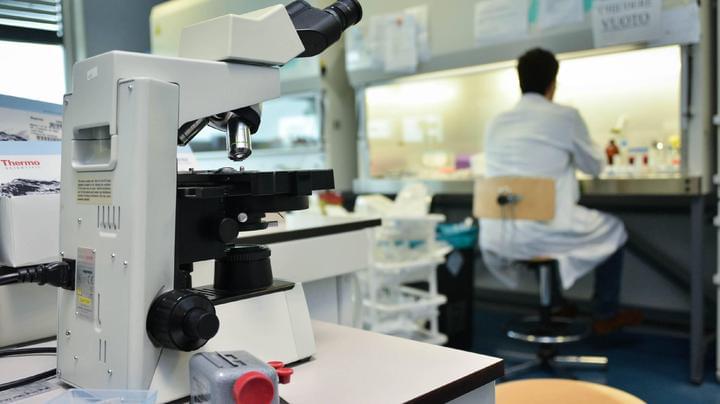Summary: Researchers have developed a new family of nano-scale capsules capable of carrying CRISPR gene editing tools to different organs of the body before harmlessly dissolving. The capsules were able to enter the brains of mice and successfully edit a gene associated with Alzheimer’s disease.
Source: University of Wisconsin-Madison.
Gene therapies have the potential to treat neurological disorders like Alzheimer’s and Parkinson’s diseases, but they face a common barrier — the blood-brain barrier.
